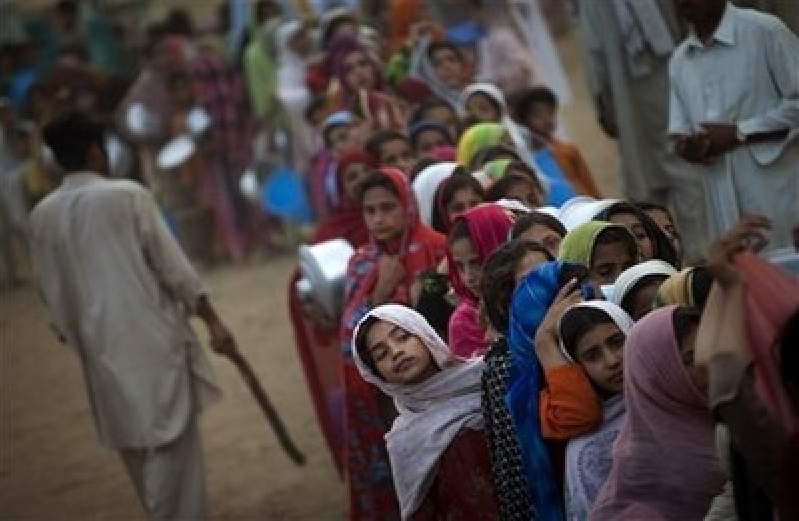
Christian groups and believers around the world capped a week of refugee advocacy with World Refugee Sunday in hopes of mobilizing more churches to pray for the more than 42 million refugees and internally displaced peoples.
In particular, Christian relief groups this year used World Refugee Sunday and World Relief Day to highlight the plight of women and girl refugees, which some say governments have failed to protect from rape and other forms of violence and exploitation in conflict situations.
“[A]lthough the international humanitarian laws are in place that guarantee the protection of civilians, women, and children, they are not being upheld,” reported Martina Liebsch, head of Migration and Trafficking for Caritas Internationalis.
“Governments and UN agencies must address this failure by improving protection, medical treatment, counseling and means for rehabilitation and compensation,” she added. “Women should be encouraged to report on the abuses they suffered to start their healing. To do justice to their suffering their perpetrators should be brought to justice.”
Caritas, which works in conflict-torn areas around the world, noted how women and girls who have fled the conflict in Sri Lanka to go to camps say violence is their chief source of fear, for example. Overcrowding in camps leads to lack of privacy for women and adolescent girls and creates an environment for abuse, the Catholic relief group reported.
In Colombia, meanwhile, women and girls face sexual abuse, forced recruitment and exploitation as cheap laborers amid the country’s civil war. Around 17.7 percent of women in Colombia who had fled their homes reported the cause as sexual violence, Caritas noted.
And in the Democratic Republic of Congo’s troubled eastern region, 463 rape cases in South Kivu have been reported in the past three months – more than half the number reported in the whole of 2008.
What’s worse is that women and girls in eastern Congo fear soldiers meant to protect them as much as they do other armed actors involved in the intractable and brutal conflict, according to a new community-based study by international relief and development agency World Vision.
The study, carried out in the displacement camps and communities in North and South Kivu, found that women fear rape by any "men who wear uniforms," whether they be government forces or armed militias.
“Sixteen out of 18 focus groups named armed groups as the main perpetrators of violence against women and girls,” World Vision reported. “Eleven of the groups also felt that the government army was a threat to their safety and ten called for all soldiers to be removed and replaced by well-trained, well-paid police.”
As part of its work to help reduce the threat of violence against communities in eastern DRC, World Vision has trained 2,500 government soldiers and police officers in International Humanitarian Law since last October.
World Vision has also formed community protection committees made up of both men and women, which work to redress some of the issues raised in the study.
But groups such as World Vision and Caritas say more needs to be done in the government sectors to protect women and girls, who represent almost half of the internally displaced and refugee populations worldwide.
To call for action on protecting women and children refugees worldwide, Caritas members from 11 countries will be attending a U.N. consultation on refugees next week organized by the United Nation’s refugee agency, UNHCR, on June 29 in Geneva.
In her remarks, Caritas’ Liebsch noted how violence against women affects families, communities and villages.
“The effects of this violence are devastating,” she added.







